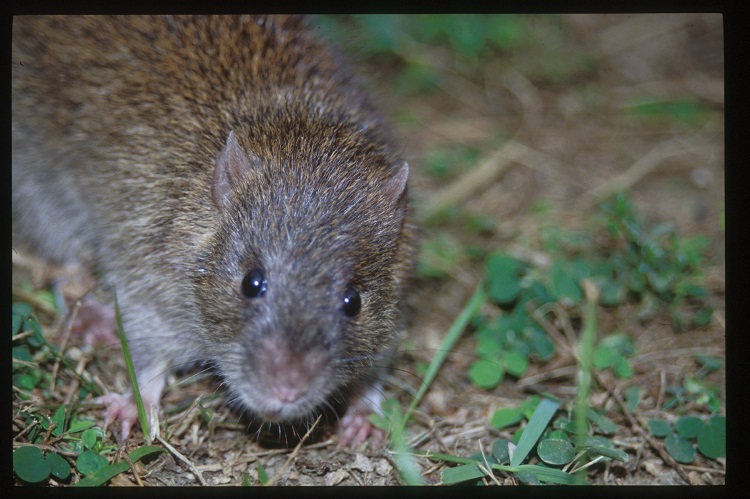
A new research project on the problems rodents cause throughout the post-harvest value chain has been officially launched at an opening ceremony in Bangladesh, hosted by the Sher-e-Bangla Agricultural University in Dhaka and involving project partners from the Natural Resources Institute of the University of Greenwich (UK), Wageningen University (The Netherlands), the Bangladeshi NGO Association for Integrated Development-Comilla (AID–Comilla), and the small business enterprise Modern Rice Milling Unit, Comilla, Bangladesh.
Rodents can be a big pest problem in crop production, both before and after harvest. In Bangladesh, the most common pest species are Bandicota bengalensis and Rattus rattus. Particularly after harvest when food is stored in buildings and food processing factories, rodents are not only eating and damaging the food but also contaminating the food with their faeces and urine, potentially leading to many disease risks for food processors and consumers.
 Keeping rodents out of food stores, warehouses and factories must always be the first line of defence. However, this is not always easy and can be a major challenge in developing countries where food is often stored in small quantities in rural households, or at small market warehouses and milling units that are not rodent-proof.
Keeping rodents out of food stores, warehouses and factories must always be the first line of defence. However, this is not always easy and can be a major challenge in developing countries where food is often stored in small quantities in rural households, or at small market warehouses and milling units that are not rodent-proof.
Understanding the impact of rodents on our food after harvest has not been easy. Previous research carried out by Professor Steven Belmain at NRI has shown that losses of stored rice can be severe; some findings from Bangladesh have recently been published in an article entitled ‘Estimating rodent losses to stored rice as a means to assess efficacy of rodent management’ in the journal Wildlife Research.
This previous research has led to a new 3-year project funded by the Netherlands Organisation for Scientific Research (NWO). The objectives of this new research project are to investigate whether rodenticide use in Bangladesh is leading to the development of poison resistance within different rodent populations in the country and what other methods and tools can be used to reduce post-harvest losses caused by rodents and increase food security, food safety and nutrition.
 Professor Belmain from NRI’s Agriculture, Health and Environment Department said, “The entire project team is looking forward to carrying out the research activities and collaborating with farmers and food processing businesses to help them understand the problems rats are causing for them and to help them develop sustainable rodent management solutions. Fundamental research on rodenticide resistance screening and risks of disease transmission in the food value chain could have major policy implications on how rodents are managed.”
Professor Belmain from NRI’s Agriculture, Health and Environment Department said, “The entire project team is looking forward to carrying out the research activities and collaborating with farmers and food processing businesses to help them understand the problems rats are causing for them and to help them develop sustainable rodent management solutions. Fundamental research on rodenticide resistance screening and risks of disease transmission in the food value chain could have major policy implications on how rodents are managed.”
The project was officially opened by the Vice Chancellor of Sher-e-Bangla Agricultural University, Professor Md. Shadat Ulla, at an event on the 21st January 2015, which was attended by more than 200 people and reported in local newspapers and websites. Keynote speeches on rodents were given by Professor Steven Belmain from NRI and project partner Dr Bastiaan Meerburg from Wageningen University.
Links: Wildlife Research article | NWO website | Bangladeshi news website BanglaNews24 (in Bengali)

